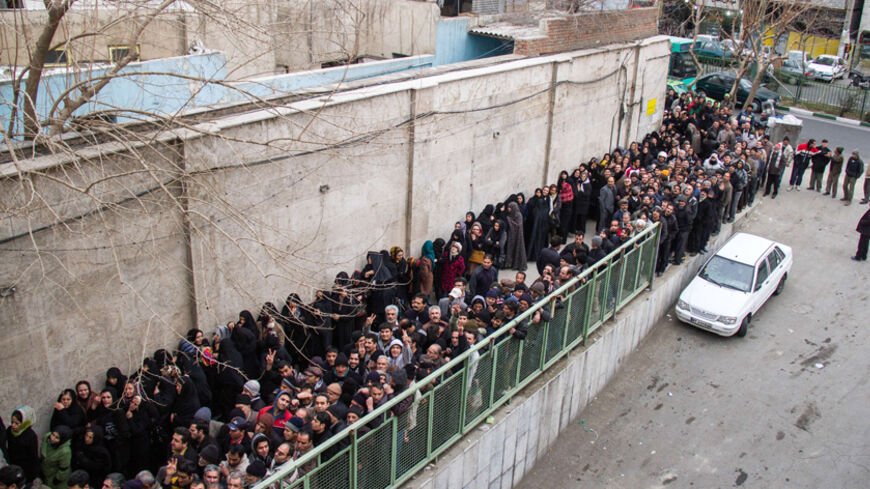Tabnak, a news website owned by Expediency Council Secretary and former presidential candidate Mohsen Rezai, has criticized the government for refusing to release the latest poverty data in the country. On Oct. 30, the conservative website questioned the government's policy on the controversial Subsidy Reform Plan, a legacy from the previous administration, arguing that the cash handouts amounting to 45,000 rials ($14), payable to almost every citizen monthly, cover only a minor portion of their costs.
The Statistical Center of Iran released a report last month showing the average expenditure for an urban household is about 10,925,000 rials ($336), much lower than 25 million rials ($780) estimated by independent economists.



